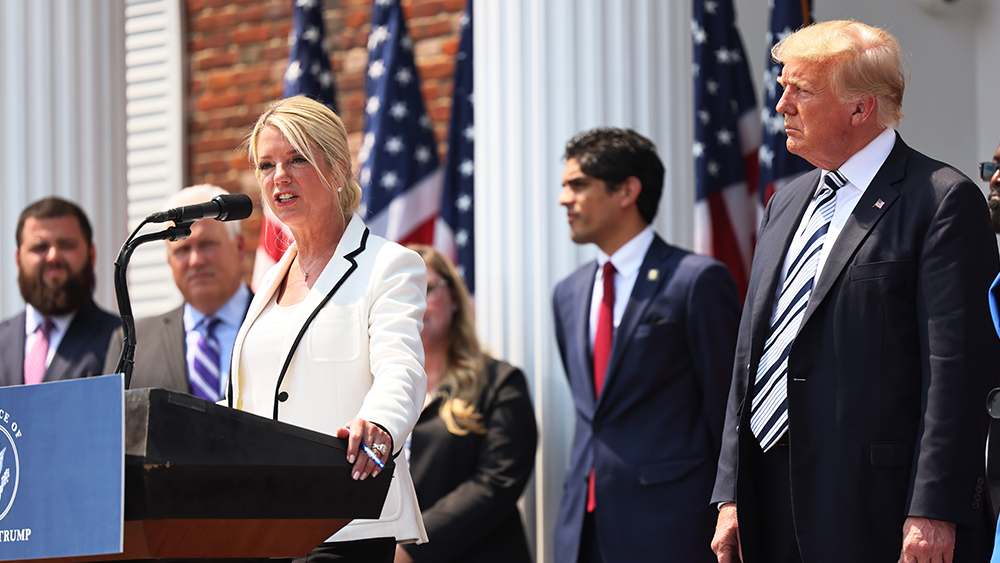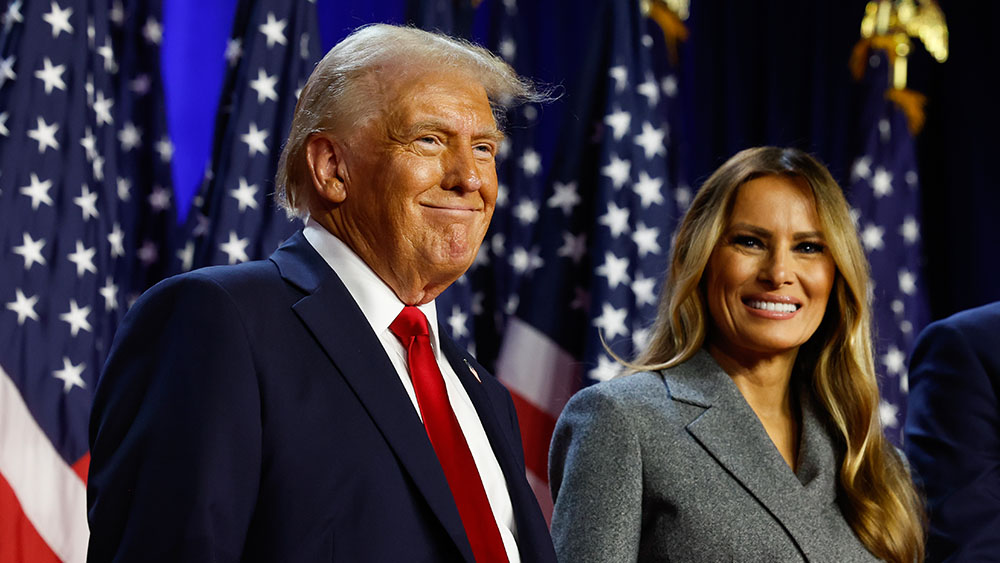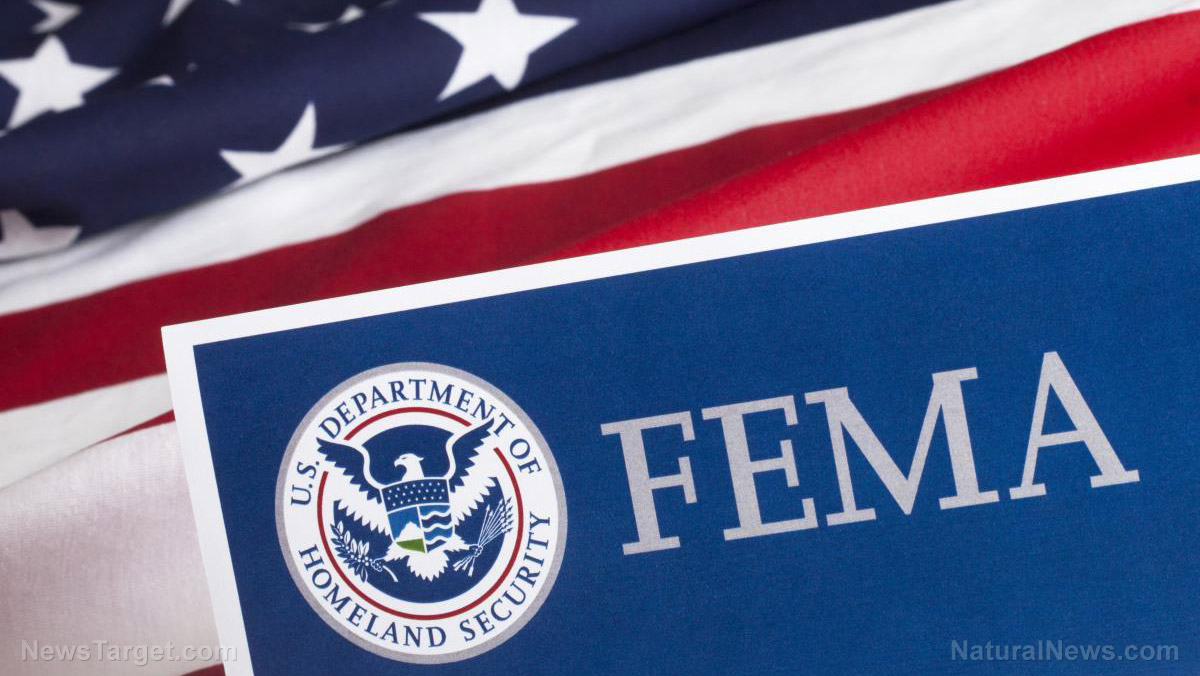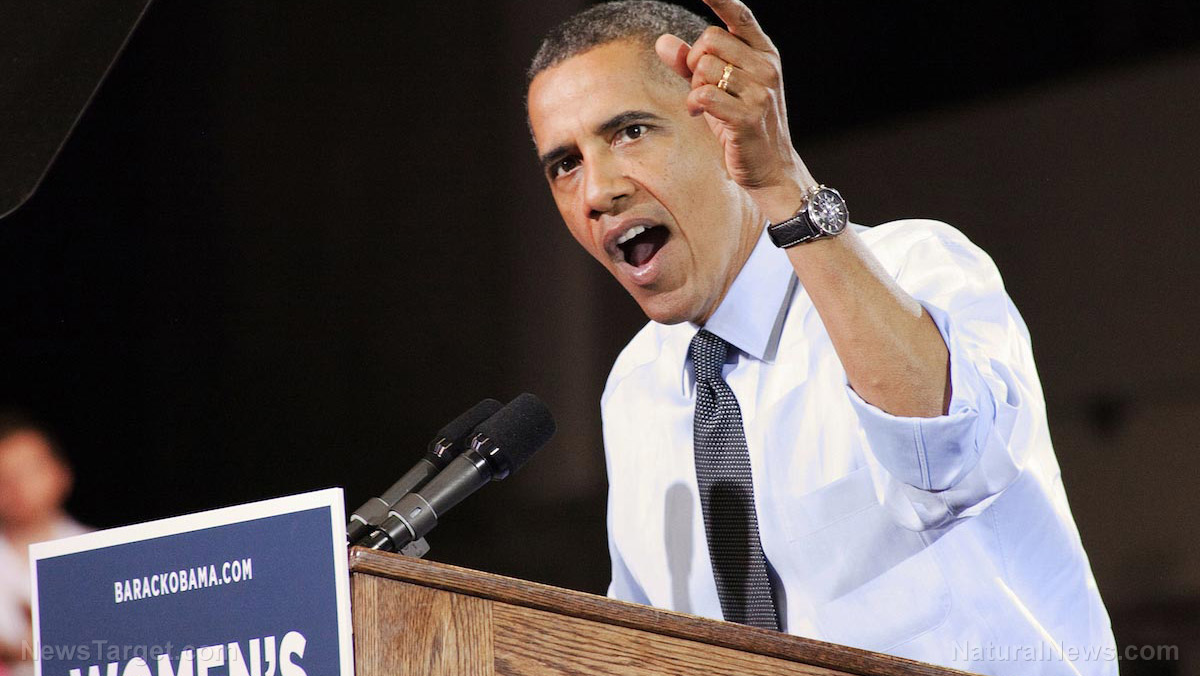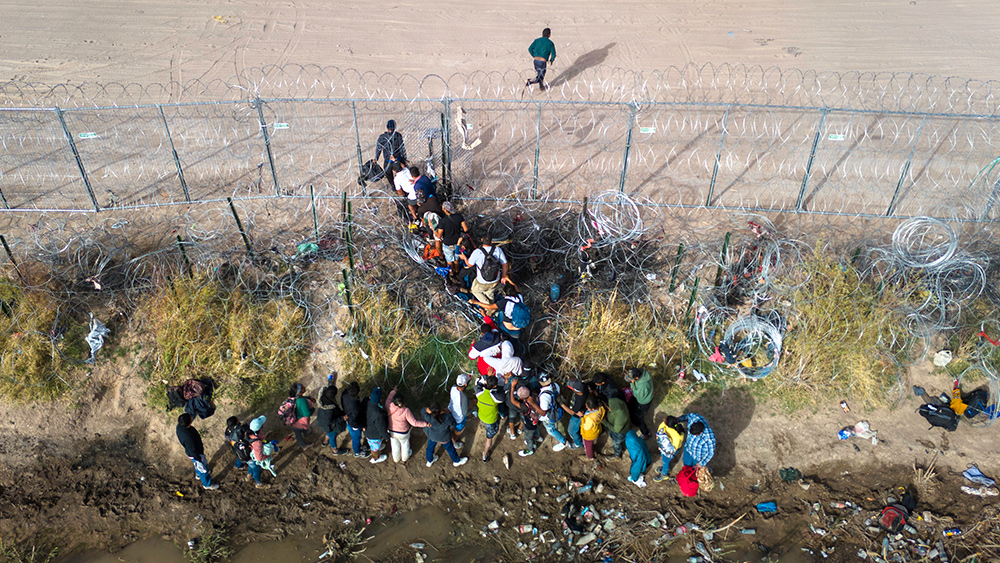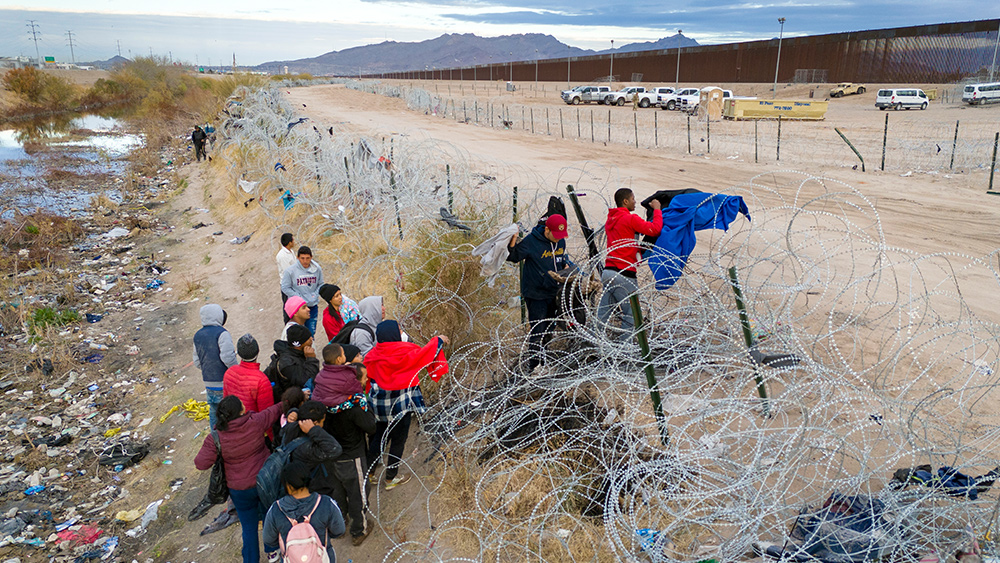Trump’s tariff threats yield major border security concessions from Canada
02/05/2025 / By Willow Tohi
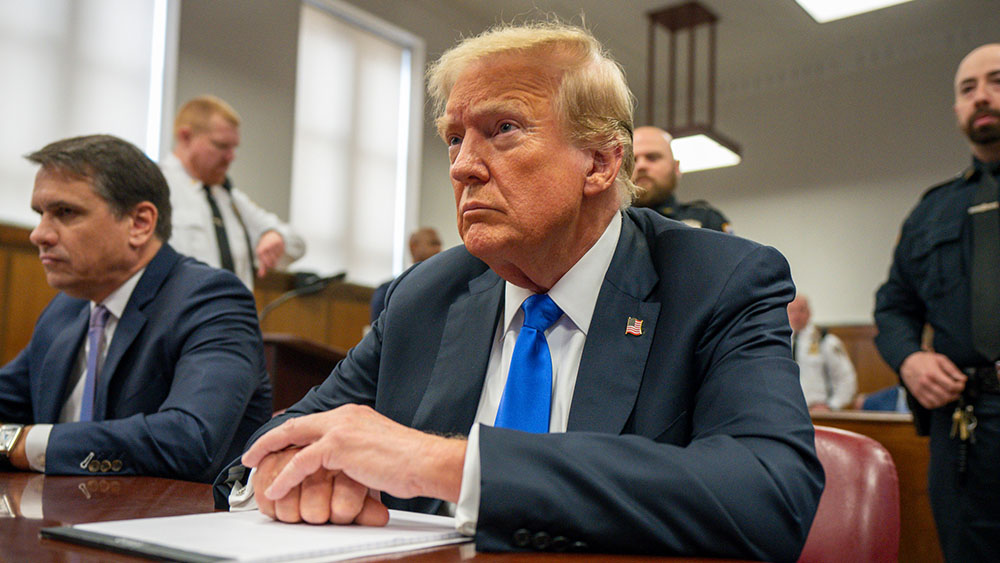
- Canadian Prime Minister Justin Trudeau and U.S. President Donald Trump reached a deal, with Canada agreeing to implement a $1.3 billion border security plan in response to Trump’s tariff threats.
- The plan includes deploying advanced technology, nearly 10,000 frontline personnel, and enhanced coordination with U.S. authorities to combat illegal drug trade, particularly fentanyl.
- A Fentanyl Czar will be appointed, cartels will be listed as terrorist organizations, a Canada-U.S. Joint Strike Force will be established, and a new intelligence directive on organized crime and fentanyl will be signed.
- The deal includes a 30-day pause on retaliatory tariffs, providing time for further negotiations and allowing both countries to address immediate border security concerns.
- The agreement highlights the effectiveness of economic leverage in international negotiations and sets a precedent for future U.S. foreign policy, potentially influencing trade and security discussions globally.
Canadian Prime Minister Justin Trudeau has caved to President Donald Trump’s tariff threats, agreeing to implement a comprehensive $1.3 billion border security plan. The agreement, reached after a series of tense negotiations, marks a significant victory for the Trump administration, which has been relentless in its efforts to secure the northern border and combat the flow of illegal drugs, particularly fentanyl.
The breakthrough came following a telephone conversation between Trump and Trudeau on Monday, Feb. 3. In a post on X, Trudeau announced the 30-day pause on retaliatory tariffs and detailed the extensive measures Canada will take to bolster border security. “Canada is implementing our $1.3 billion border plan—reinforcing the border with new choppers, technology and personnel, enhanced coordination with our American partners, and increased resources to stop the flow of fentanyl,” Trudeau stated. He added that nearly 10,000 frontline personnel will be deployed to protect the border.
Detailed border security measures
The $1.3 billion plan includes a range of sophisticated security enhancements:
- New technology and equipment: Canada will deploy advanced surveillance systems, drones and helicopters to monitor the border 24/7.
- Personnel and coordination: Nearly 10,000 frontline personnel will be stationed along the border, working in close coordination with U.S. authorities.
- Fentanyl czar: A new Fentanyl Czar will be appointed to lead efforts in combating the illegal drug trade.
- Terrorism designation: Canadian authorities will list cartels as terrorist organizations, allowing for more aggressive legal action.
- Joint strike force: A Canada-U.S. Joint Strike Force will be established to tackle organized crime, fentanyl smuggling and money laundering.
- Intelligence directive: Trudeau signed a new intelligence directive on organized crime and fentanyl, backed by $200 million in funding.
These measures are designed to address the growing concern over the flow of fentanyl and other illicit drugs into the United States, a key priority for the Trump administration. White House officials hailed the agreement as a significant win, emphasizing the leverage of the world’s largest economy in international negotiations.
Historical context and implications
The current agreement builds on a long history of border security collaborations between the U.S. and Canada, but it also reflects the heightened tensions and the assertive approach of the Trump administration. Since taking office, President Trump has consistently used the threat of tariffs to pressure other nations into compliance with U.S. demands. This strategy has been particularly effective against close allies and trading partners, as seen in previous negotiations with Mexico and Colombia.
In December 2024, Canada had already announced some of these border security measures, but the Trump administration’s recent threats accelerated the implementation and expanded the scope of the plan. The 30-day pause on tariffs provides a window for further negotiations, but it also serves as a clear warning to other nations that the U.S. is willing to use economic leverage to achieve its security objectives.
Reactions and future implications
The agreement has been met with mixed reactions. While some praise the enhanced security measures and the diplomatic resolution, others express concern over the potential long-term impacts on U.S.-Canada relations. Canadian businesses and politicians have voiced their dismay at being drawn into a trade dispute with their largest trading partner.
Prime Minister Trudeau, in his address, touched on the sense of betrayal felt by many Canadians. “We were always there standing with you, grieving with you, the American people,” he said, reflecting the deep ties and shared history between the two nations. However, the pragmatic decision to avoid a trade war and protect Canadian interests has been justified by the immediate need to address border security concerns.
The Trump administration’s strategic use of tariffs has set a precedent that may influence future negotiations with other countries. As the U.S. continues to face challenges in areas such as trade, immigration and drug trafficking, the success of this approach could embolden the administration to adopt similar tactics in other contexts.
Conclusion
The agreement between the U.S. and Canada represents a significant victory for the Trump administration’s hardline approach to border security and international trade. The $1.3 billion border plan, coupled with the 30-day tariff pause, demonstrates the effectiveness of economic leverage in achieving strategic objectives. As the world watches, the implications of this deal extend beyond the immediate border security measures, shaping the future of U.S. foreign policy and international relations.
While the immediate crisis has been averted, the underlying tensions and the broader geopolitical landscape remain complex. The coming weeks and months will reveal the long-term impacts of this agreement and whether the enhanced border security measures will achieve the desired outcomes. For now, the Trump administration can claim another win in its ongoing efforts to secure the nation’s borders and protect American interests.
Sources include:
Submit a correction >>
Tagged Under:
big government, border security, Canada, drug cartels, economic pressure, economic riot, invasion usa, Mexico, migrants, national security, Open border, progress, supply chain, tariff, Trudeau, Trump
This article may contain statements that reflect the opinion of the author
RECENT NEWS & ARTICLES
COPYRIGHT © 2018 MIGRANTS.NEWS
All content posted on this site is protected under Free Speech. Migrants.news is not responsible for content written by contributing authors. The information on this site is provided for educational and entertainment purposes only. It is not intended as a substitute for professional advice of any kind. Migrants.news assumes no responsibility for the use or misuse of this material. All trademarks, registered trademarks and service marks mentioned on this site are the property of their respective owners.


